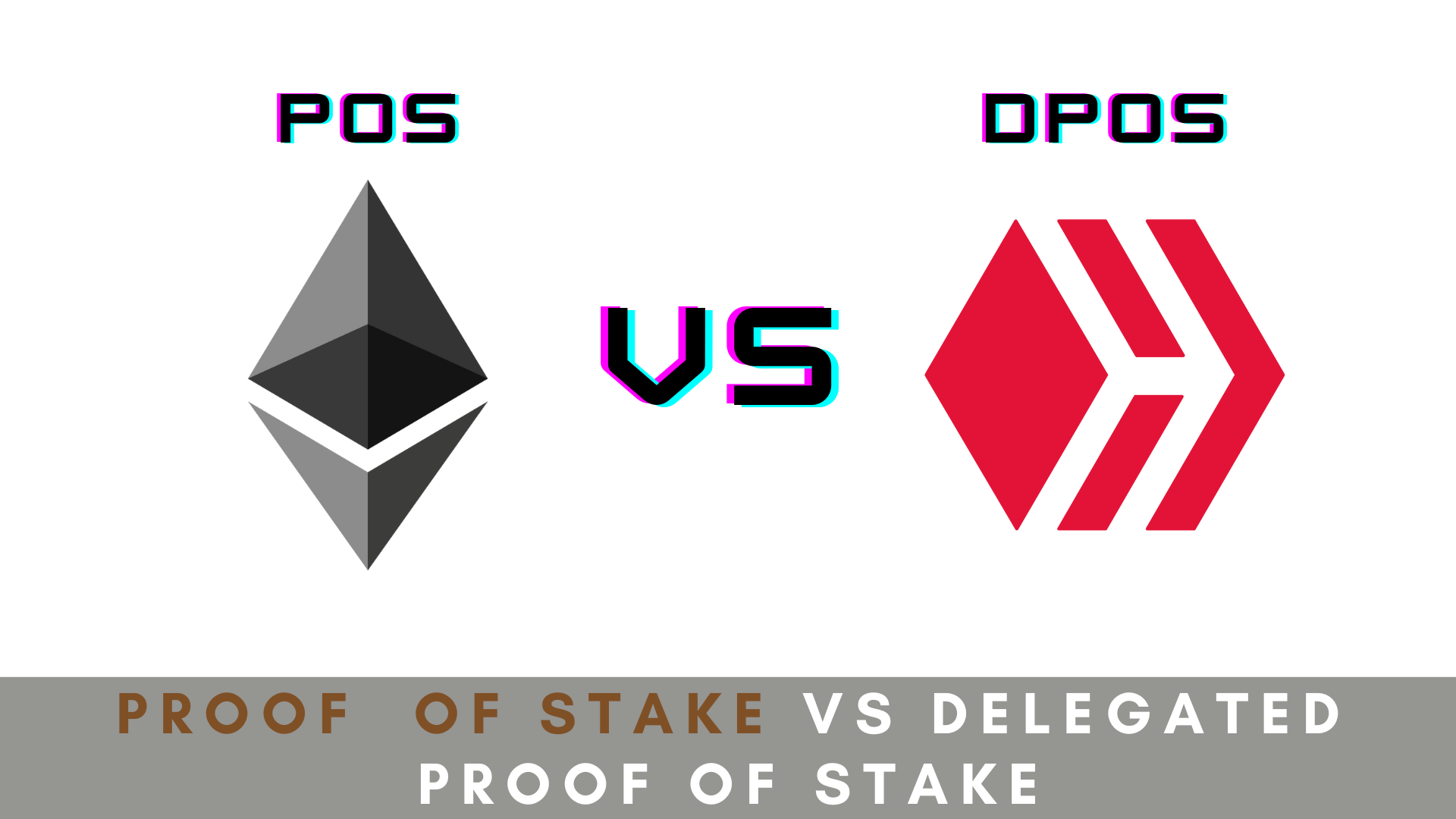
I have been looking at the Ethereum merge situation, and the whole long and short of the merge is the transition from a Proof-of-Work mechanism to a Proof-of-Stake mechanism, and I wonder, how new is this?
Not new in anyway! The Hive.io blockchain, since its early and pre-fork stages, has operated a Proof of Stake system that allows token holders to verify transactions on the blockchain instead of the inefficient Proof-of-Work system that has been the stronghold for most cryptocurrency projects.
This is definitely a step in the right direction, but does operating a Proof of Stake consensus mechanism equal Ethereum with Hive?
PoS vs DPoS
The new Ethereum merge is to allow them operate a proof-of-stake (PoS) consensus mechanism, while Hive.io blockchain operates a delegated proof of stake (DPoS) consensus mechanism. While Ethereum blockchain is late to the PoS show, it is better late than never, and this move highlights that Hive is always ahead.
However, how do PoS and DPoS differ?
Proof-of-Stake is a consensus mechanism blockchains employ in verifying transactions and creating new blocks in which instead of relying on computer algorithms do the work through the traditional Proof-of-Work system/mining, humans/people with a lot of stake on the blockchain are assigned the role of verifying transactions and creating new blocks. Verifying a legitimate transaction earns you rewards on the chain while doing the opposite puts your stake on the line, and for the Ethereum blockchain, the minimum stake to be able to join the party of validators is 32 ETH.
Delegated Proof of Stake (DPoS) which for me, I would also call Democratic Proof of Stake (DPoS), is a proof of stake system that instead of the validators being selected on the criteria of being able to produce the huge amount of the blockchain's native tokens, they are selected through a voting process in which a community of the native blockchain users join hands to vote or delegate a validator with their own pool of the native blockchain's token. These delegatees are usually known as witnesses, and most blockchains, such as the Hive.io blockchain, have at least 20–100 of these witnesses who take care of the blockchain.
More than Democratization
The difference between traditional PoS and DPoS is mainly democracy. However, the democratic process means a lot to the Hive.io blockchain. Democracy means true decentralization and not simply "a man with the biggest cash rules it all situation". Operating DPoS the Hive.io way means more speed and everyone, irrespective of their financial stand on the Hive.io blockchain plays a role in selecting the witnesses. Most importantly, DPoS means that we can select quality and reputable validators. DPoS takes the cake.
Posted Using LeoFinance Beta
Hive's POS protocol is superior in my view, simply because it rewards others and not only the "staker". It is unique and has tremendous potential!
Posted Using LeoFinance Beta
That's a solid POV. I appreciate this take! Thanks for stopping by!
A short but solid analysis, thanks for contributing to populating the ethereum community page with good quality content!
Great post and congrats on getting a decentralized curation vote this past week, keep this kind of posts coming!
We invite you to check out the latest initiatives by @leogrowth:
Posted Using LeoFinance Beta
Thanks for the invite. I'll definitely engage in those. I appreciate the support as well!